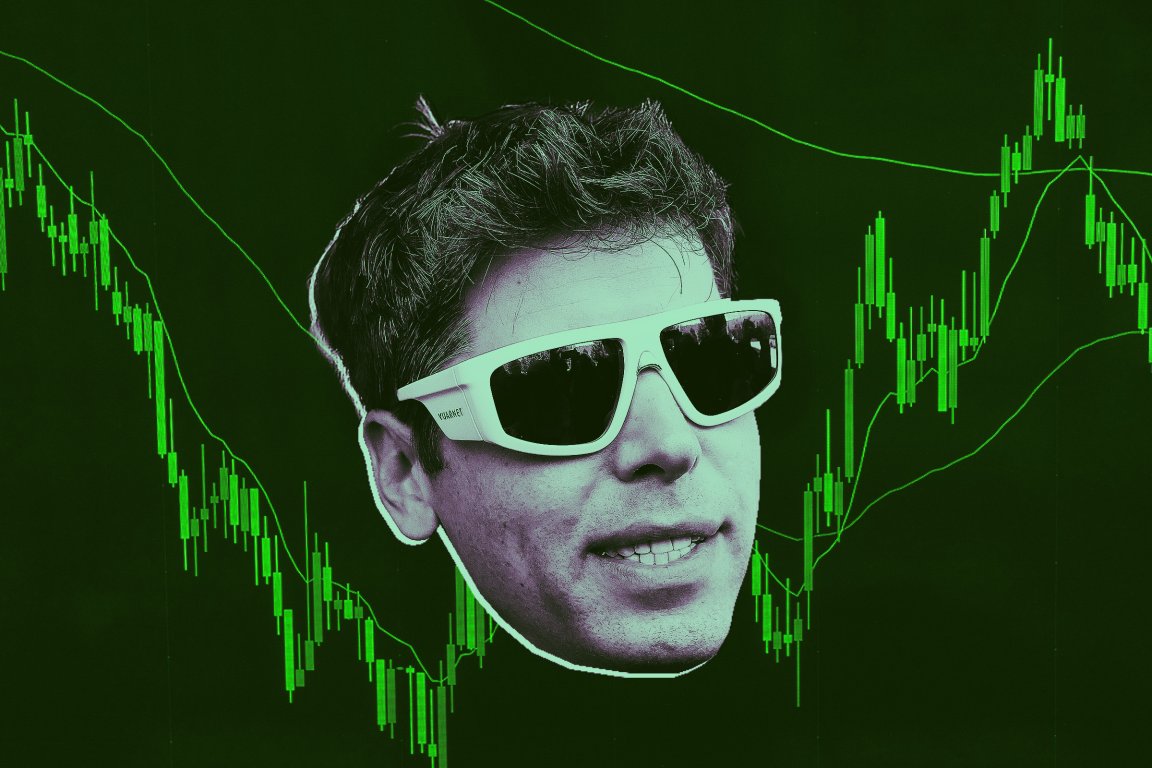
The company behind ChatGPT, OpenAI, might be the world’s most valuable private company on paper — but in real life, it’s hemorrhaging money faster than it can ever hope to pay back, at least for now.
According to Agence France-Presse, OpenAI is ordering hundreds of billions of dollars worth of AI semiconductor chips at a time when investor confidence is being stretched to its limits. Those chip investments include deals inked with Nvidia, AMD, and Broadcom, units AFP estimates would consume power equivalent to “20 standard nuclear reactors.”
In order to pay off just its recent shopping spree, OpenAI will have to make “hundreds of billions of dollars,” according to Gil Luria, managing director at financial consulting firm DA Davidson. Indeed, another analysis by the Financial Times pegs OpenAI’s total financial commitments at over $1 trillion.
With this much capital involved, the exact number is almost meaningless, because the prospects of OpenAI paying off even a fraction of its debt is looking increasingly dire. Though OpenAI is now valued at $500bn, the company is only pulling in about $13 billion in annual revenue, the vast majority of which comes from ChatGPT subscribers, per TechCrunch.
In short, there’s an astronomical amount of money up in the air — so much so that the rest of the US economy now depends on the AI industry not dropping the ball. Or, as Bernstein Research analyst Stacy Rasgon put it in a note to investors, Sam Altman “has the power to crash the global economy for a decade or take us all to the promised land.”
“Right now, we don’t know which is in the cards,” she added.
But what exactly that “promised land” looks like — and who it’s for — remains a blind spot which analysts like Rasgon have been careful to tip-toe around.
As some tech critics warn, the major gulf between AI spending and revenue isn’t a sign that investors have all lost their minds. Rather, it’s evidence of a brazen bet on the tech which they think could finally make human labor completely obsolete — thus cementing their control over production and removing the last point of friction under our increasingly unstable economic system.
This isn’t exactly a deeply guarded secret. Some of the most powerful CEOs in the US have gleefully gone on record to share how excited they are to automate jobs with AI, or to threaten their workers with replacement. Verizon CEO Hans Vestberg, to give a recent example, told the Wall Street Journal that his company was doing “very, very good” on headcount. By that, he clarified, he means “it’s going down all the time.”
If they get what they want, the big question is: what do these corporate executives expect the rest of us to do when there are no jobs left, especially in an economy where having a job is necessary just to get by?
As author and Silicon Valley journalist Malcolm Harris recently challenged: “The thing about AI I want to press people on is why capital feels compelled to invest in AI in particular, and to the exclusion of everything else.”
More on OpenAI: ChatGPT Is Already Stalling Out on New Subscribers